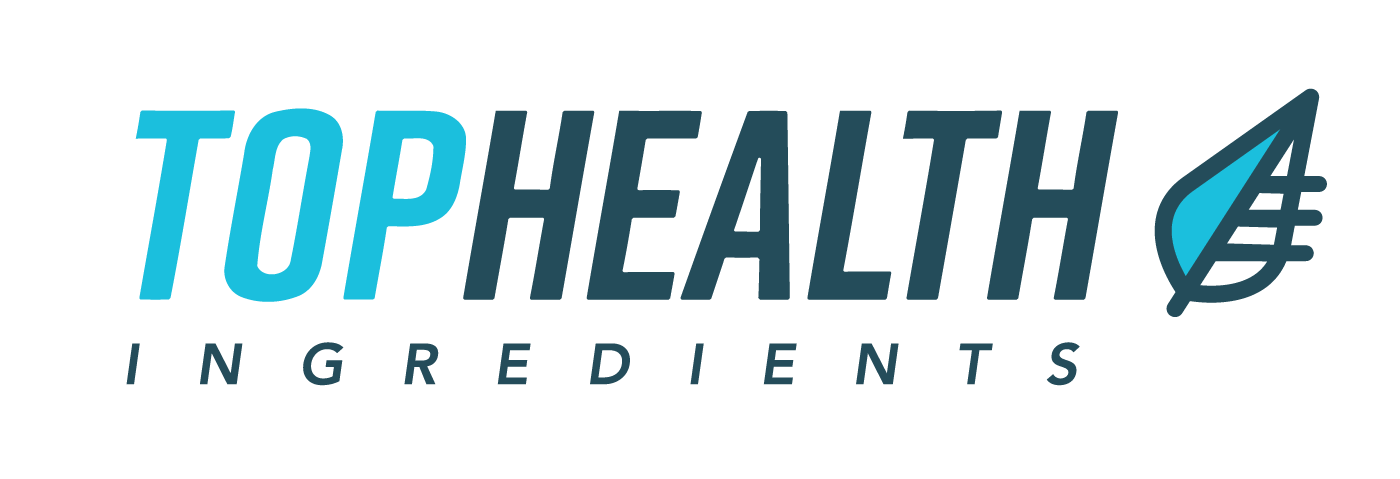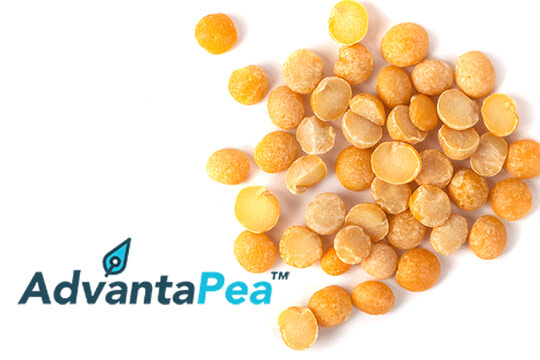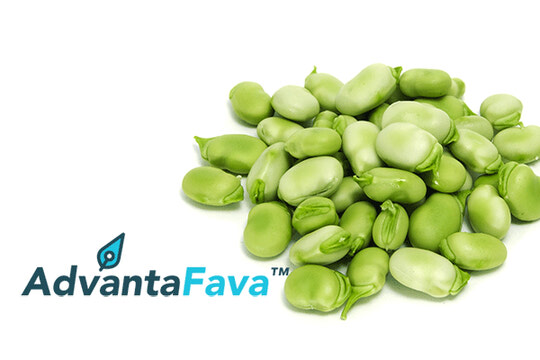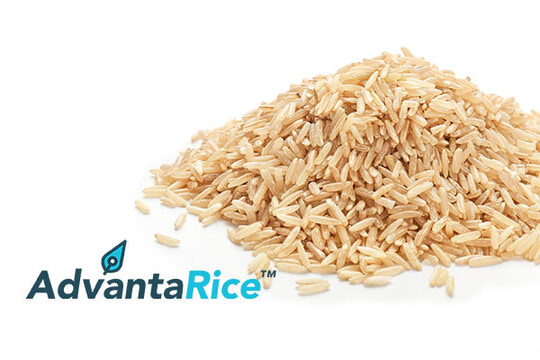Rethinking Nutrition Starts with Rethinking Waste
As consumer demand for sustainability continues to grow, food and beverage brands are re-evaluating every part of their supply chains—from sourcing to packaging. One of the most innovative ways to reduce waste and boost sustainability?
Upcycled ingredients.
These ingredients come from by-products of other food production processes, like starches, proteins, and fibers that would otherwise go to waste. Upcycling not only minimizes environmental impact but also supports clean-label, functional food and beverage formulations.
What Are Upcycled Ingredients?
Upcycled ingredients are high-quality materials that would otherwise be discarded during food manufacturing. Instead of sending them to landfills or animal feed, they’re recovered, cleaned, and repurposed for use in new products.
Common upcycled ingredients include:
-
Rice protein: Derived from broken rice or starch production by-products.
-
Pea protein: Harvested from residual material after pea starch is extracted.
-
Mung protein: Recovered from mung bean processing waste streams.
These ingredients retain their functional and nutritional value, making them ideal for clean-label and plant-based product development.
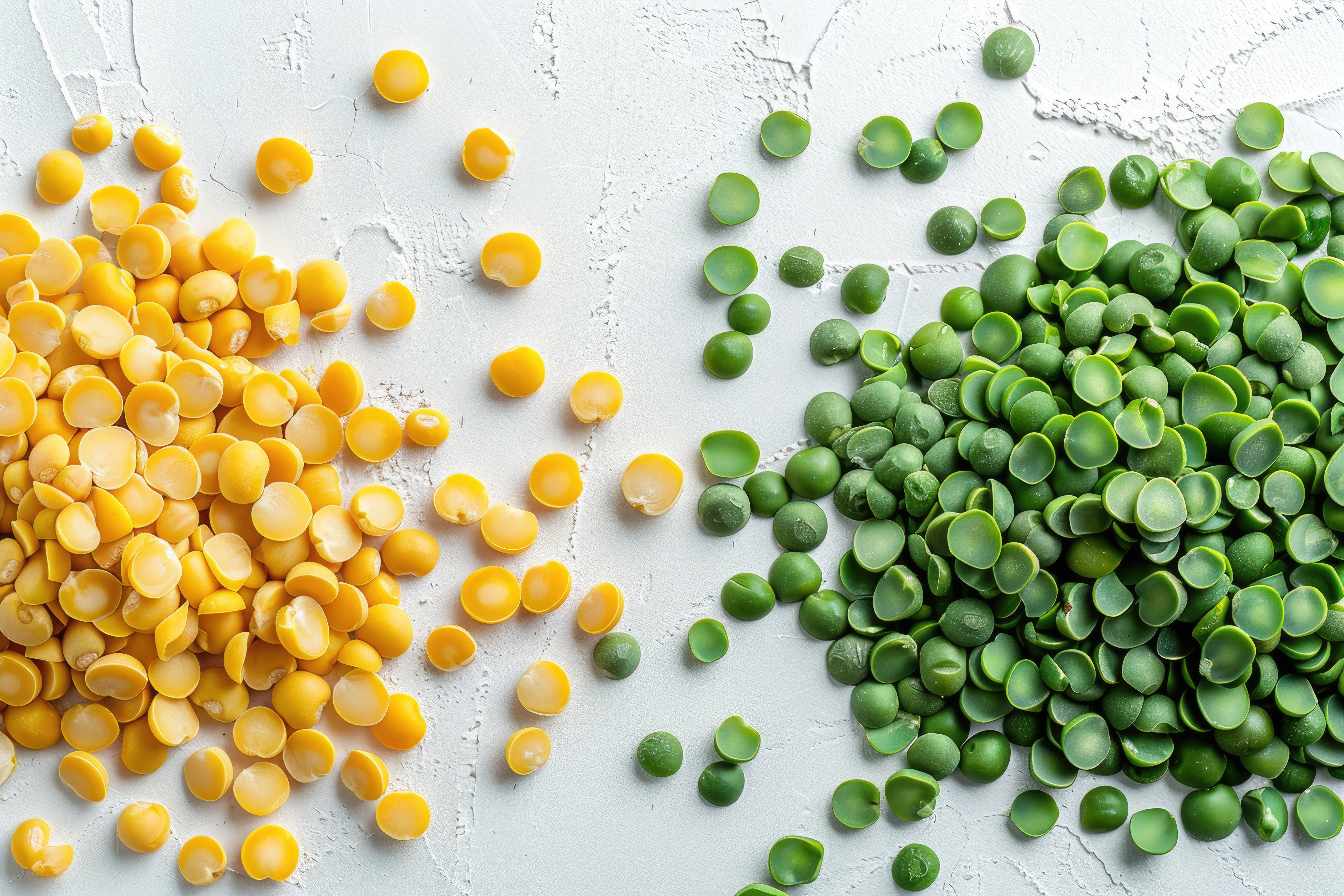 |
 |
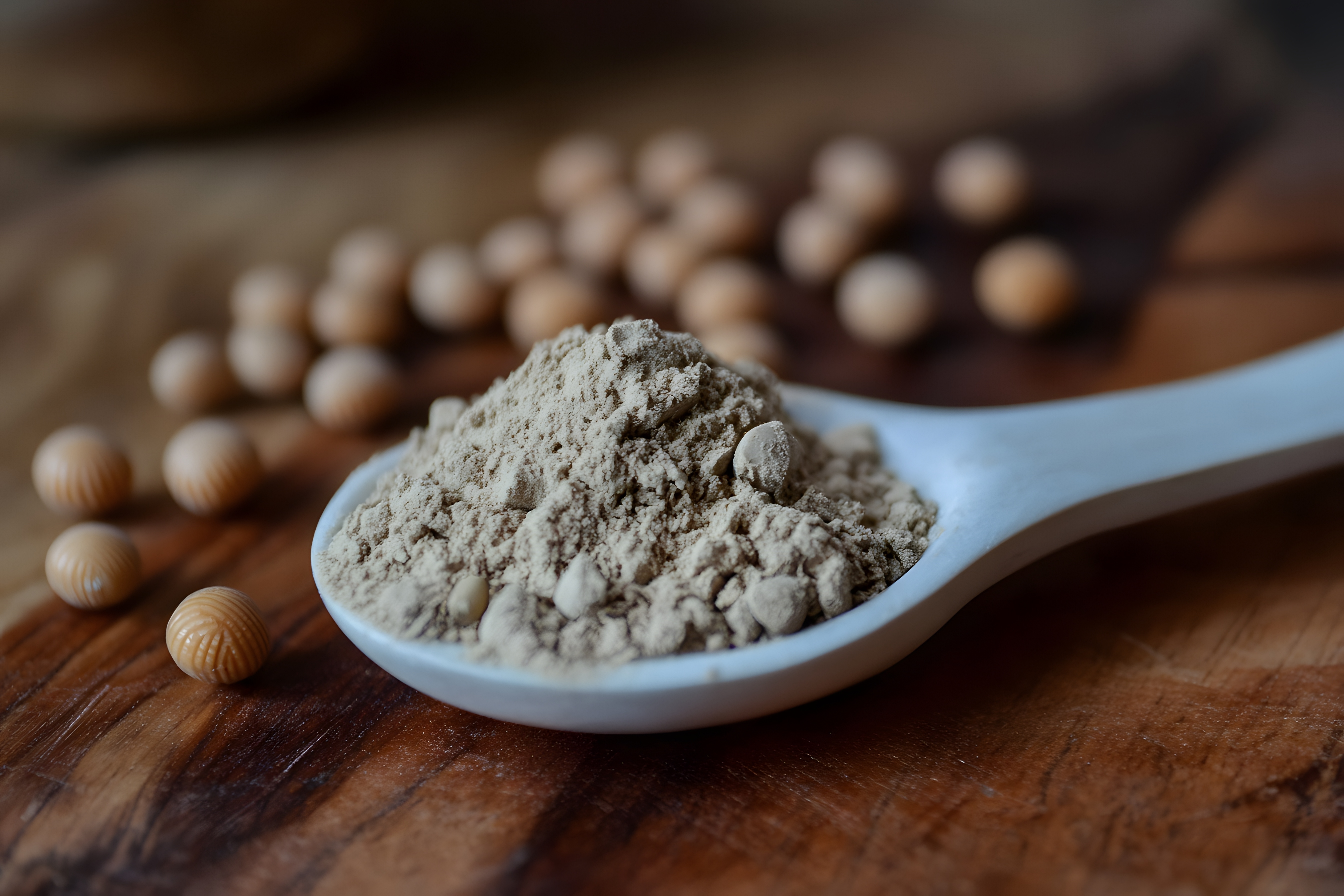 |
Benefits of Upcycled Proteins in Formulation
-
Reduces food waste and supports circular production systems
-
Lower environmental impact compared to traditional protein sources
-
Functional performance comparable to conventional proteins
-
Appeals to eco-conscious consumers seeking sustainable products
Whether you're formulating RTDs, snacks, bars, or meat alternatives, upcycled proteins can provide the texture, solubility, and nutritional value you need, while reinforcing your brand's sustainability story.
Experience the Top Health Difference
-
We source clean, consistent upcycled proteins with 3rd-party batch testing.
-
Global warehousing in the USA, Canada, and the EU ensures short lead times and supply chain flexibility.
-
In-house food scientists provide technical formulation support to streamline your R&D process.
Looking to make your product lineup more sustainable without compromising performance?
Connect with our team to explore upcycled proteins for your next formulation.
80-85% yellow pea protein that features a complete amino acid profile and a neutral, easily-masked flavor.
90% fava bean protein is sustainable, clean label, and exceptionally functional - an ideal substitute for pea protein.
80% organic brown rice protein carefully crafted to blend seamlessly into formulations, with no gritty or chalky texture.
